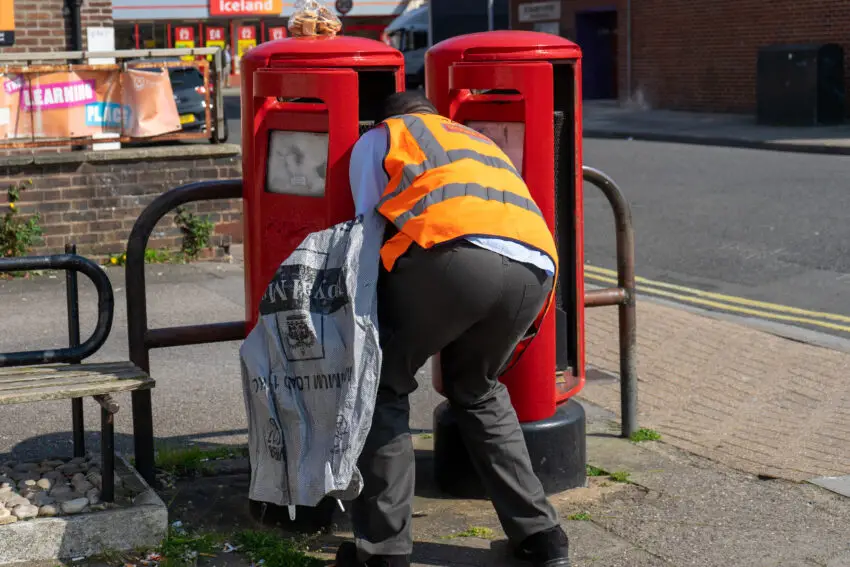Royal Mail is close to being taken over by Czech billionaire Daniel Kretinsky for £3.5bn. This marks a significant shift for the long-standing British institution.
Approval is contingent on several conditions, including maintaining jobs and the Royal Mail brand. Regulatory scrutiny is anticipated.
Endorsement and Conditions of the Deal
The board of Royal Mail’s parent company, International Distributions Services (IDS), is expected to endorse this takeover offer. Kretinsky must finalise his proposal by the takeover deadline set for Wednesday afternoon.
IDS has shown its willingness to accept the bid. However, this acceptance depends on Kretinsky providing assurances on key public interest matters, such as avoiding forced job cuts and keeping the company’s headquarters in the UK.
Regulatory Scrutiny
The deal, valued at over £5 billion when including debt, will likely face stringent scrutiny from regulators. The sensitive nature of Royal Mail’s operations necessitates this close examination.
Chancellor Jeremy Hunt has indicated that the potential takeover will come under national security laws. This is to ensure it poses no threat to UK’s critical infrastructure.
Kretinsky’s Previous Investments
Known as the ‘Czech sphinx,’ Kretinsky is already the largest shareholder in IDS through his investment vehicle, EP Group. He also has notable investments in other UK entities.
Kretinsky had previously undergone a national security investigation in 2022 when he increased his stake in IDS above 25%. That investigation was ultimately approved.
Commitments and Criticisms
EP Group has committed to maintaining Saturday deliveries for first-class letters and the universal service obligation of one-price-goes-anywhere.
The Communication Workers Union (CWU) has criticised the takeover bid. General Secretary Dave Ward remarked that a decade of privatisation and recent mismanagement left the company vulnerable to foreign takeover.
Ward added that he plans to meet with EP Group to call for a ‘complete reset’ in employee and industrial relations.
Decline in Letter Volumes
The takeover comes amidst a sharp decline in letter volumes, hitting Royal Mail’s financial health hard. This, coupled with recent strike actions, has left the company in a precarious position.
Shares in IDS have plummeted nearly 30% since its privatisation in 2013, making it more susceptible to such takeovers.
Royal Mail has been advocating for changes to its universal service obligation due to declining letter volumes. The company has proposed delivering second-class mail three times a week while maintaining six-day deliveries for first-class post.
Financial Performance
Ofcom has recently launched an investigation into Royal Mail for not timely delivering over a quarter of first-class post last year. The company’s financials tell a worrying story.
Royal Mail reported a £348 million loss for the 12 months ending in March, down from a £1 billion loss the previous year. However, IDS’s profitable parcels business, GLS, helped offset these losses.
Overall, the group faced a pre-tax loss of £75 million in the last financial year.
Speculations and Sources
There is speculation that Kretinsky might separate GLS from the struggling letters business and merge it with PostNL. He holds a significant stake in the Dutch postal service.
However, sources close to Kretinsky insist that he does not intend to break up the group.
Under City takeover rules, Kretinsky has until 5pm on Wednesday to make a firm bid or withdraw his proposal.
This potential takeover could bring sweeping changes to Royal Mail. As negotiations continue, regulatory and public interest considerations will play a crucial role.
The outcome of this historic move could reshape the future of one of the UK’s most iconic institutions.

